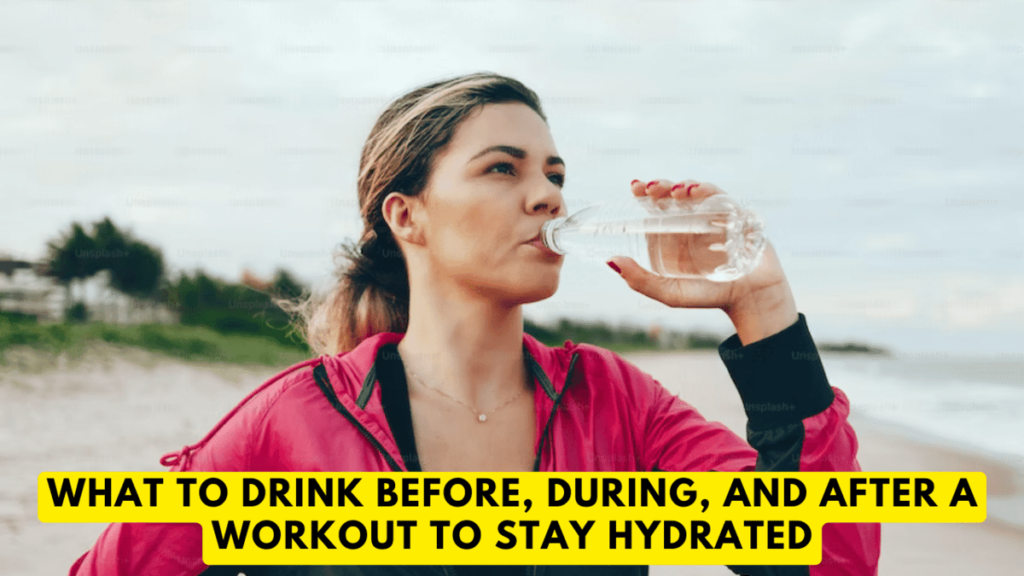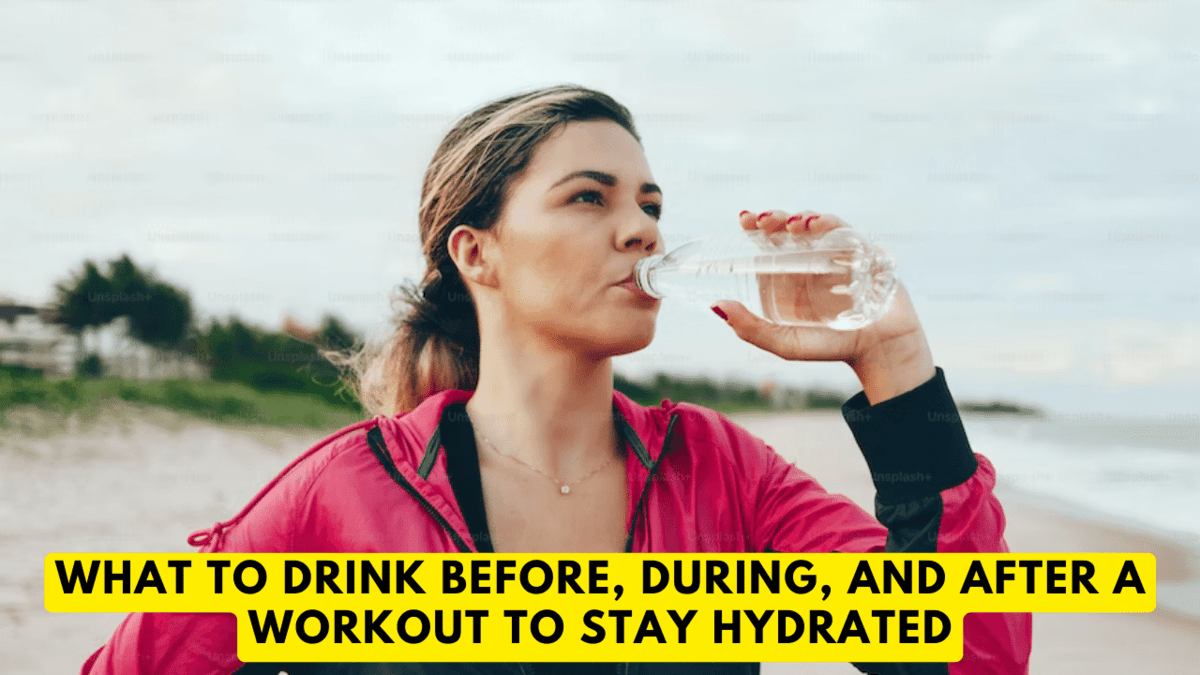The human body is composed of water up to 60%. Physical exercise can result in significant weight loss. The consumption of water aids in the proper functioning of joints and body tissues, regulates the body’s temperature and facilitates the transportation of nutrients. However, some individuals do not consume an adequate amount of water.
Before selecting the ideal beverage to maintain hydration during your upcoming workout, it is essential to know the following information.
Selecting the appropriate beverage.
Opting for a straightforward workout beverage can often be the most effective solution. For an average person, consuming water after a workout is sufficient.
If an individual engages in a high-intensity workout lasting more than three hours, chocolate milk is preferred.
Chocolate milk contains sodium and calcium; both lost during perspiration. The product includes carbohydrates that aid in replenishing energy levels, while the protein content facilitates repairing any physical damage.
If an individual is not inclined towards consuming milk or water, they may opt for sports drinks, coconut water, or other suitable beverages. The significance of electrolytes need not be a significant concern. Sustenance has the potential to support individuals who have exerted themselves physically.

Consume the appropriate quantity.
There is no fixed quantity of water that one should consume while exercising. Instead, drinking water as per the body’s requirement is recommended.
There exist methods to determine your sweat rate, which entails measuring your weight before and following your running session and performing a series of computations. If an individual experiences a loss of one quart of sweat within an hour, they should consume approximately eight ounces of water every 15 minutes.
A recommended guideline for individuals who prefer to avoid mathematical calculations and experience excessive perspiration during exercise is to consume four to eight ounces of fluid every 15 to 20 minutes throughout their workout.
Also, Check What’s up with Runner’s Face and How can you steer clear of It?
Don’t Drink Too Much
Overconsumption of fluids is a rare occurrence, but it can happen. The probability of encountering a risk is higher during marathons and triathlons.
Hyponatremia is a potentially life-threatening condition that can occur in athletes who consume excessive amounts of fluid, including sports drinks, but do not consume sufficient amounts of sodium. Hyponatremia is characterized by a set of symptoms which may include:
- An individual may experience symptoms of nausea or vomiting.
- Symptoms of headache, confusion, or fatigue may be shared.
- Hypotension
- Energy loss.
- Individuals commonly report symptoms of muscle weakness, twitching, or cramps.
- Possible outcomes of a medical condition may include seizures or a state of unconsciousness known as a coma.
- Restlessness or bad temper are behavioral symptoms that may indicate an underlying issue. These symptoms may manifest as an inability to sit still or concentrate or as irritability or anger. Identifying the root cause of these symptoms is essential to address them effectively.
Over-hydration is infrequent. Most individuals do not consume adequate fluids during their exercise routine.
Incorporate protein and carbohydrates into your diet.
Although exercising is beneficial for health, it is typical to experience minor cellular or tissue damage following a workout.
After a highly strenuous workout, rehydration with a drink rich in protein can aid in repairing any damage.
The matter is not solely focused on protein. During exercise, it is advisable to consume carbohydrates in a ratio of three times more than protein, owing to the significant energy expenditure. As a result, flavored milk is suggested as a suitable fluid replacement.
Be Aware of the Dangers of Dehydration
Inadequate water intake is correlated with several adverse health outcomes. Fatigue is a frequent symptom that many people experience.
Dehydration causes “your blood to thicken from lower water content,” causing the heart to work harder and exhaust you. Dehydration frequently results in fatigue as a side effect.
Also, Check Low-Impact Exercises That Work for Weight Loss
Maintaining Hydration Is Crucial During Exercise
Hydrating beforehand, especially if your choice of activity demands a lot of stamina. Marathon runners are to begin hydrating approximately two hours before the start of the race.
Water is an excellent choice for consumption while exercising.
“We don’t drink enough during exercise,” which leads to dehydration and the need for rehydration after exercise. As per the adage, avoiding getting into a difficult situation altogether is advisable.
A Brief Summary
Physical activity provides numerous advantages to our physical well-being, although dehydration is a potential adverse outcome. Maintaining proper hydration is crucial, particularly during physical activity.
Adequate fluid replacement is essential in preventing dehydration. Recommendations on the appropriate amount, timing, and type of fluids to carry during exercise can enhance your performance and well-being.
